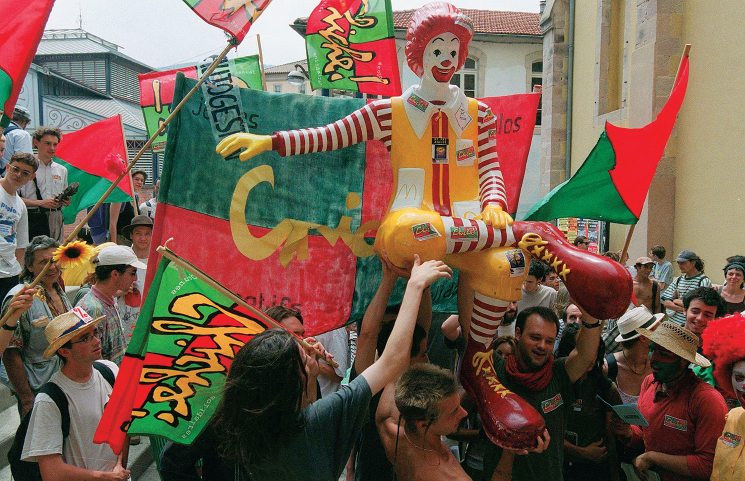How did globalization affect European life and society?

CCONTEMPORARY OBSERVERS OFTEN ASSERT that the world has entered a new era of globalization. Though the term is difficult to define, such assertions do not mean that there were never international connections before. Europe has long had close ties to other parts of the world. Yet new global relationships and increasing interdependence did emerge in the last decades of the twentieth century.
First, the growth of multinational corporations restructured national economies on a global scale. Second, an array of international governing bodies, such as the European Union, the United Nations, the World Trade Organization, and a number of nongovernmental organizations (or NGOs) increasingly set policies that challenged the autonomy of traditional nation-